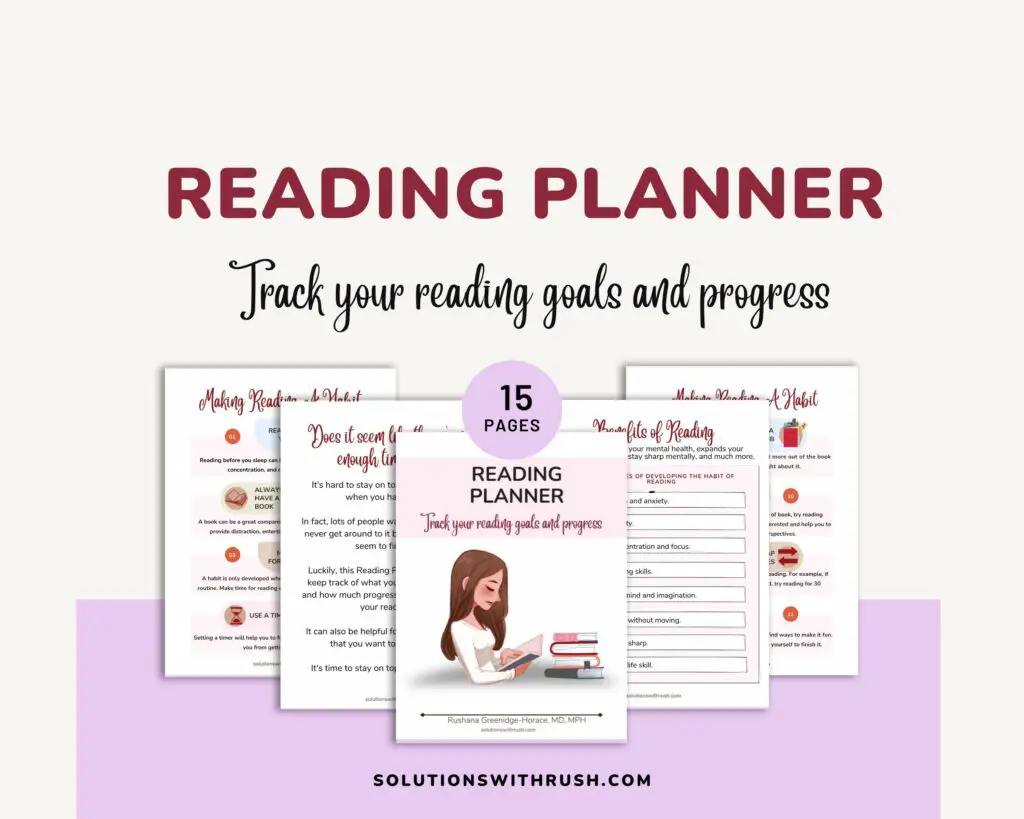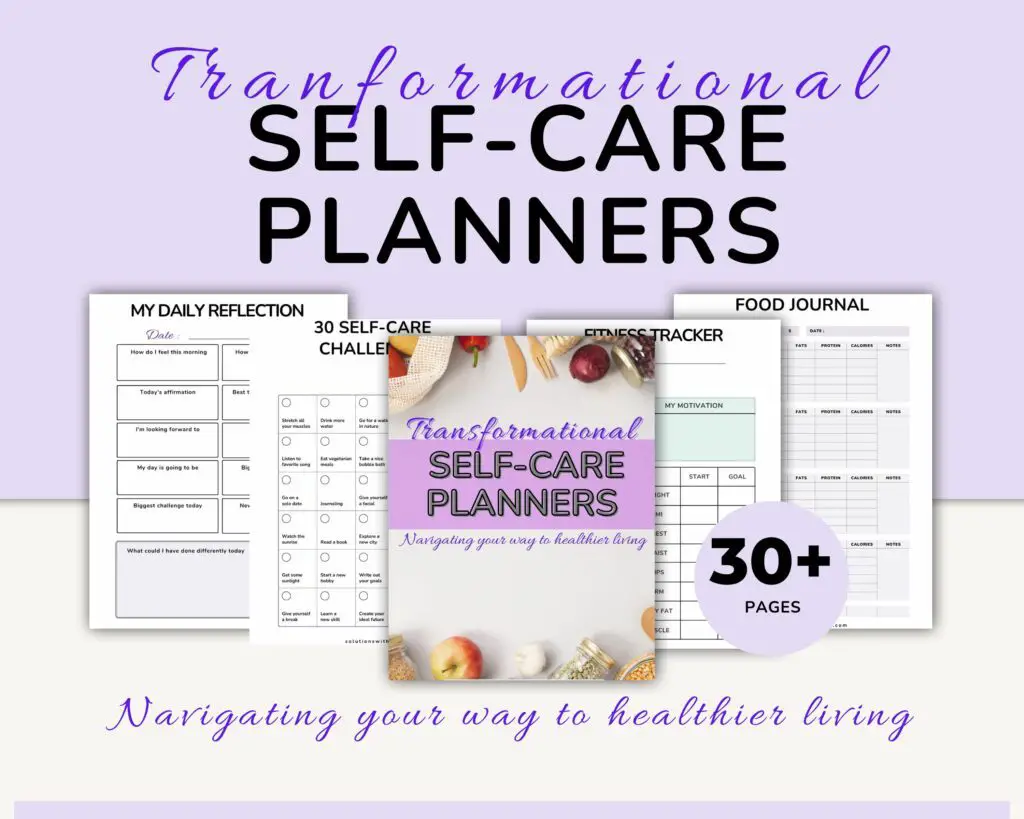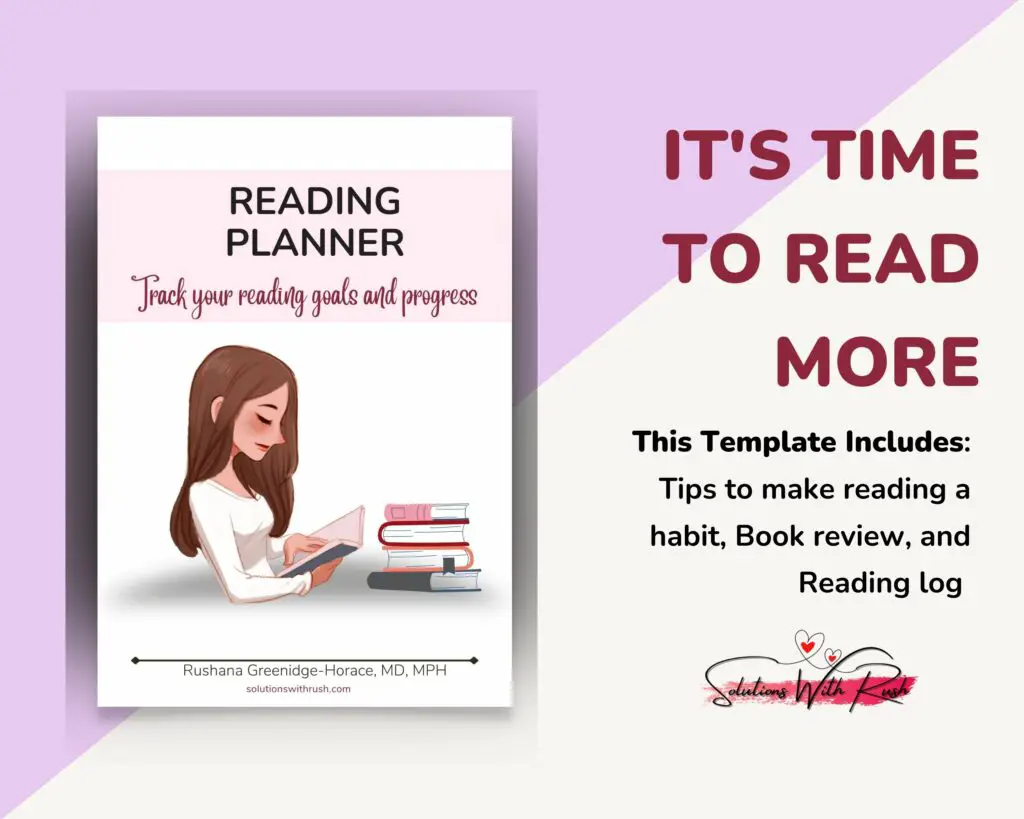Reading slowly can be frustrating, especially when you feel like everyone else is way ahead. Here’re some tips to train your brain to read faster.
Do you ever feel like you’re reading too slow? You’re not alone. Many people struggle with reading speed, especially when they’re first starting out. But don’t worry – there are some tips for slow readers that can help.
It’s important to know that reading is a complex process that involves numerous cognitive skills, including word decoding, fluency, and comprehension.
Unfortunately, for individuals who struggle with reading, this process can be even more challenging. However, there are a number of tips and strategies that slow readers can use to improve their reading speed and comprehension.
In this blog post, I’ll share some of my best advice for improving your reading speed. By following these tips, you’ll be able to read faster and more efficiently.
However, many persons may erroneously classify themselves as a slow reader when they actually aren’t. So, let’s take a closer look into what exactly slow reading is.
Read also: Study tips for slow learners that actually work
If you're looking for a reading log that will help you stay on track and organized, look no further than the Reading Planner! This essential tool will help you keep track of your reading goals, progress, and to-do lists so you can make the most of your reading time.
What does it mean to be a slow reader?
There is no definitive answer to who is a slow reader, as it can mean different things to different people. For some, being a slow reader simply means reading at a slower pace than average.
This could be due to a number of factors, such as working through difficult material or taking the time to really absorb what is being read. For others, being a slow reader might mean having difficulty decoding text or retaining information after reading.
How many words per minute does the average person read?
According to a recent study of over 18,000 participants, the average person can read about 175-300 (average 238 words per minute) for non-fiction and 200-320 (average 260 words per minute) for fiction when reading silently (Brysbaert, 2019).
The average for reading aloud is approximately 183 words per minute. However, this number varies depending on factors such as age, education level, and native language.
For example, children and older adults tend to read more slowly than younger adults, while people with higher levels of education typically read faster than those with less schooling.
Furthermore, people who speak English as a second language often read at a slower pace than native speakers.
What causes slow reading?
Many factors can contribute to slow reading. In fact, difficulties with vision and hearing can make it difficult to process information quickly.
As mentioned before, the lack of fluency in a language can also lead to slower reading speeds. In addition, some medical conditions, such as dyslexia, can affect reading speed.
However, one of the most common causes of slow reading is simply a lack of practice. With some time and effort, however, most persons can become a more efficient reader.
But, while you’re working on boosting your reading speed, it’s important to take into consideration that you will likely be compromising your comprehension of the text if drastic changes are made.
In fact, research shows that persons who significantly increase their reading speed from approximately 250 to 500-750 words per minute will have a decreased ability to understand the text when compared to reading at a normal speed (Brysbaert, 2019).

A reader lives a thousands lives before he dies.
George R.R Martin
Tips for slow readers
Whatever the reason, there are a number of strategies that can help slow readers improve their reading speed and comprehension. These include:
(1) Find a method that works for you
(2) Practicing regularly
(3) Breaking up text
(4) Previewing
(5) Taking breaks
(6) Finding a quiet space
(7) Reading aloud
(8) Reading with purpose
(9) Asking questions as you read
(10) Increasing your vocabulary
(11) Working with a tutor
(1) Finding a method that works for you
Some people find that they read faster when they use their finger or a pencil to follow along with the text.
Others prefer to highlight key points as they read. Experiment with different techniques and find the one that works best for you.
(2) Practicing regularly
One of the best ways to become a faster reader is to practice regularly. Like any skill, reading requires repetition and practice to become faster and more efficient.
Therefore, individuals who do not read regularly are likely to find that their reading speed is slower than those who do.
As such, try setting aside some time each day to read, and gradually increase the amount of time you spend reading each day.
(3) Breaking up text
One effective technique to improve reading speed is to break down words into smaller chunks. This will make it easier to focus and will help you avoid getting overwhelmed.
Actually, by identifying the root word and any prefixes or suffixes, readers can more easily recognize and pronounce unfamiliar words.
(4) Previewing
Slow readers should take the time to preview a text before diving in. This includes looking at pictures, scanning the headings and subheadings.
Skimming, which involves moving your eyes quickly over the text without stopping to read every word, the first few sentences of each paragraph can also be quite effective.
By taking these steps, readers can gain a better understanding of the text and focus their attention on the most important information.
(5) Taking breaks
Taking breaks can actually help improve your reading speed. When you focus intently on something for a prolonged period of time, your brain starts to tire, making it harder to process information.
Taking a break allows your brain to rest and refocus, making it easier to pick up speed when you start reading again.
In addition, taking breaks can help you retain information better. When you take a break after reading a section, your brain has time to process what you’ve read and store it in your memory.
But, this doesn’t mean that you should take a break every 5 minutes. However, rather than trying to power through a long reading sessions, break it up into blocks and gradually increase the time.
(6) Find a quiet place
One of the easiest ways to improve your reading speed is to find a quiet place to read. When you’re trying to read in a noisy environment, your brain has to work overtime to filter out the extraneous noise.
However, when you’re able to find a quiet spot, your brain can relax and you can focus more easily on the task at hand. In addition, reading in a quiet environment can also help you retain information better.
(7) Reading aloud
Reading aloud is an effective way to improve reading speed. By saying the words out loud, you are forcing your brain to process the information more quickly.
In addition, reading aloud helps to increase comprehension and retention. When you read silently, your brain can easily become distracted.
However, when you read aloud, it is easier to focus. As a result, you are more likely to remember what you have read. Reading aloud is also a great way to practice pronouncing difficult words. By saying the words out loud, you can slowly and carefully articulate each sound. This will help to improve your overall reading fluency.
(8) Reading with a purpose
Reading with purpose can help improve reading speed. Reading with a purpose means having a specific goal or objectives in mind while reading.
This could include looking for key information, understanding the main idea, or completing a task.
When readers have a specific goal, they are more likely to focus and pay attention to the text. This, in turn, can help them read faster.
(9) Asking questions as you read
Asking questions is a critical part of reading comprehension. By engaging with the text, you can better understand the author’s intention and increase your understanding of the material.
However, questions can also be used to improve your reading speed. By actively thinking about the answers to questions as you read, you can help your brain to process information more quickly.
In addition, questions can help you to focus on key points and ignore distractions. Asking questions is a simple way to improve your reading speed and comprehension.
So next time you sit down with a book, take a few moments to think about what you want to get out of it, and frame your questions accordingly. You may be surprised at how much more quickly you are able to read.
(10) Increase your vocabulary
One of the best ways to improve your language skills and reading speed is to increase your vocabulary. The more words you know, the less time you’ll spend looking up definitions while you’re reading.
This can be a challenge, but there are a few strategies you can use to build your vocabulary. First, make a list of unfamiliar words that you come across while reading.
Then, look up the definitions of these words and commit them to memory. You can also try using a dictionary app on your phone or tablet to look up words on the go.
(11) Working with a tutor
A tutor or reading specialist to identify any underlying issues that might be affecting your reading. This can help you find the root cause of your slow reading and develop a plan to address it.
No matter what the reason for your slow reading, there are strategies that can help you improve your speed and comprehension. By finding the right approach for you and practicing regularly, you can become a faster, more efficient reader.
Are slow readers less successful?
The answer may depend on how you define success. Some may argue that people who read slowly are at a disadvantage in today’s fast-paced world, where speed is often equated with efficiency.
Others will claim that slow reading is simply a different way of reading and that slow reading can actually be more efficient than fast reading, because it allows readers to process and comprehend information more thoroughly.
Ultimately, whether or not slow reading has an impact on success may depend on the individual, the situation and how slow the reading actually is.
Read also: 22 Main reasons why students fall behind academically
How can I test my reading speed?
The best way to test your reading speed is to find a reliable online speed reading test. Once you have found a trustworthy source, you can take the test as many times as you like to get an accurate idea of your reading speed.
Be sure to take note of your time so you can track your progress over time. Additionally, try to find a test that allows you to set different difficulty levels.
This will give you a more accurate idea of your skills and help you identify areas that need improvement.
Related: 9 Reasons why we don’t read more often
Final words on tips for slow readers that actually work
If you’re like most people, reading isn’t your favorite pastime. In fact, you may even struggle with it from time to time.
But don’t worry – these tips are tried and true. Have any of these techniques worked well for you? Let us know in the comments below.
Related topics
What are the benefits of reading?
A love of reading is often said to be one of the most important things an individual can possess.
Not only does reading provide enjoyment, but it also helps to improve literacy skills and expand knowledge. Read more
What steps can I take to make reading a habit?
While some people seem to naturally gravitate towards reading, others have to work a bit harder to develop the habit.
If you’re looking to make reading a regular part of your life, there are a few things you can do to help make it happen.
First, set aside some time each day for reading. It doesn’t have to be a large chunk of time, but even 15-20 minutes can make a difference. Read more
References
Brysbaert, Marc. “How Many Words Do We Read Per Minute? A Review and Meta-analysis of Reading Rate.” PsyArXiv, 12 Apr. 2019. Web
Rayner K, Schotter ER, Masson ME, Potter MC, Treiman R. So Much to Read, So Little Time: How Do We Read, and Can Speed Reading Help? Psychol Sci Public Interest. 2016 May;17(1):4-34.
Rushana Greenidge-Horace













Leave a Reply